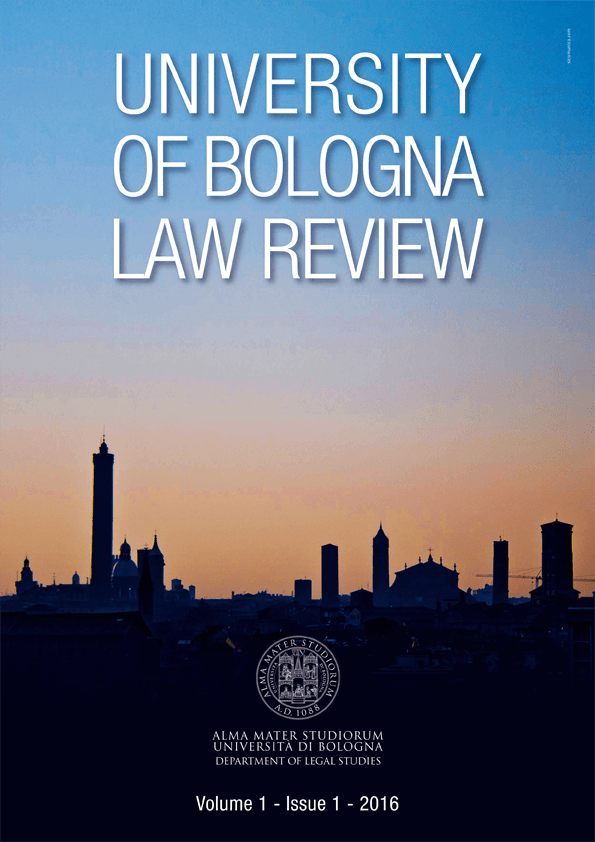The European Union's Emerging Approach to ISDS: a Review of the Canada-Europe CETA, Europe-Singapore FTA, and Europe-Vietnam FTA
DOI:
https://doi.org/10.6092/issn.2531-6133/6318Keywords:
Foreign Investment, International Arbitration, Trade Negotiations, European UnionAbstract
The European Union’s approach to ISDS is examined based on the available textual evidence in proposed or negotiated trade agreements. The evaluation focuses on three criteria: judicial independence, procedural fairness, and balance in the allocation of rights and responsibilities. Each criteria arises from concerns about the powerful and far-reaching arbitration mechanism at the core of ISDS and its role to decide the legality of sovereign conduct and allocate public funds to foreign investors. The main conclusions are that, in pursuing a massive expansion of ISDS in new trade agreements, the European Union has taken only partial steps on the issue of independence, has signalled but not carried through with steps on the issue of procedural fairness, and has not taken steps to balance investor rights with investor responsibilities or to ensure respect for the role of domestic courts.
Downloads
Downloads
Published
How to Cite
Issue
Section
License
Copyright (c) 2016 Gus Van Harten
The copyright of all the manuscripts on this journal belongs to the respective authors.
This journal is licensed under a Creative Commons Attribution 4.0 International License (full legal code).
See also our Open Access Policy.












